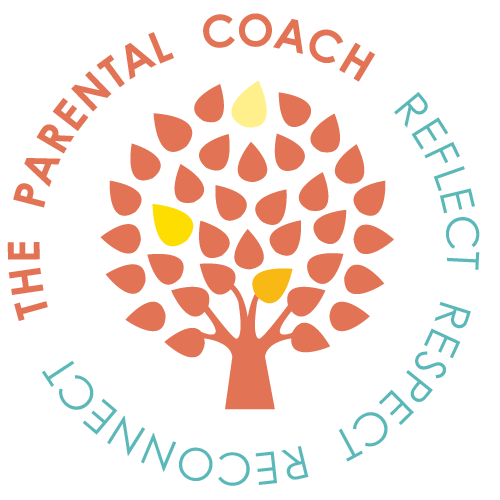With the intercultural society that we are part of, very regularly relationships blossom between people who come from different countries. As a result, there are a lot of families with parents from different cultural backgrounds. In addition, people move all over the world, sometimes as expats and sometimes as emigrants, where you start building a life with your family in a totally different culture than what you are used to. I was born in the Netherlands and my husband was born in Scotland. We each have our own cultural ways that we have merged in our family. Our children are dealing with Scottish traditions, Dutch traditions and with "Dutch-Scottish” (or our own family) traditions.
Multicultural parenting can bring challenges
People parenting from two cultures can sometimes encounter quite a few challenges. After all, different cultures have different ways of parenting. Should your child make eye-contact with other people or not? How should your child greet someone? What is the role of the father in the family?
It is even said that children dealing with two cultures while growing up can be especially vulnerable to psychological and social problems, coming from the question of ‘where do I belong?’. This can cause confusion and lead to adjustment problems. There can be an internal conflict between what a person inherits from home and expectations that are felt outside the home. Or between what one parent thinks is normal and what the other parent thinks is normal. This can be very complicated for a child, especially when they enter the stage of developing their own identity.
Some tips for expatriates and multicultural families:
Talk about the differences together; become aware of what is brought from one culture and what belongs more to the other culture. And discuss this with your children.
If necessary, give your child space to choose for themselves what aspects they want to bring from one culture or the other. Be aware of, and understanding of, the different messages a child takes with them. For example, school may encourage a child to ask questions while at home, from your own cultural background, this is not appreciated. Accept that you apply one way at home and that at school this is done differently.
Share stories from your family history so that your children will have a better understanding of different customs.
Try to merge the good aspects of the different cultures into your own family culture. Discuss explicitly with your children what belongs to your family culture.
Keep an eye on your own values. These are important to keep in mind as well.
If you and your partner have different cultures, discuss with each other how you want to approach parenting. Make conscious choices. Share with each other what you are used to from your own culture and decide what you want to take away from that. Then try to find a way that you both feel comfortable with. Children are very flexible and can handle small differences very well, but in general they benefit most from a clear approach.
If you choose a multilingual upbringing, realize that children often start talking at a slightly later age. They often need a little more time to categorize the different languages. In addition, it is important that one parent structurally speaks one language, and the other parent speaks the other language. If parents start using the languages interchangeably, it becomes too confusing for a child.
Are you struggling with parenting questions and would you be interested in some support. Here you find more information on how I could possibly help out.

